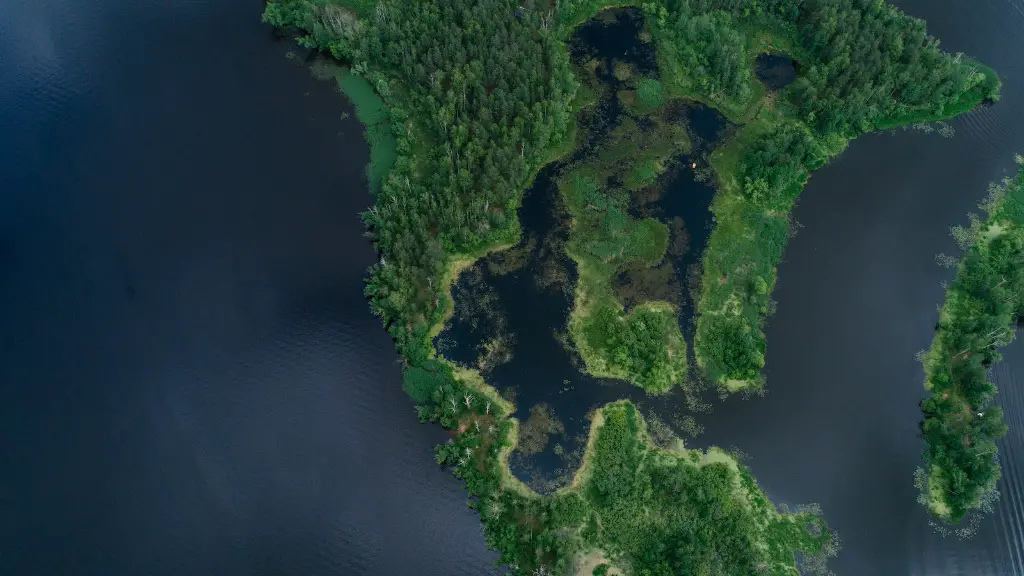In recent years, we’ve seen the effects of global warming becoming increasingly visible. From wildfires to floods, the heightened intensity of extreme weather events is taking its toll on human life and the environment. And the changes in the climate are damaging ecosystems and the health of human populations all over the world. As such, it’s no surprise that many people are deeply concerned about the problem of global warming, and understandably so. But what steps can we take to address the issue?
First, we need to understand the causes behind global warming and how it is caused. According to scientific consensus, the majority of the temperature increase we have experienced in recent decades is largely attributed to human activity. Burning fossil fuels, industrial agriculture and other activities contribute to the rapid buildup of untrapped carbon dioxide and other greenhouse gases in the atmosphere, leading to a so-called “greenhouse effect” that traps heat and contributes to global warming. The resulting climate change has resulted in dramatic changes, such as more frequent and intense storms, droughts, floods and a decrease in food security in some regions.
The bad news is that reversing global warming is an incredibly difficult challenge. It’s going to take a concerted effort from individuals, businesses, governments and policy makers to halt and reduce these trends. That means finding ways to cut down on the burning of fossil fuels and to replace them with clean energy, like solar, wind and geothermal. Reducing our dependence on fossil fuels will mean changes in how we travel, how we generate electricity, and how we power our homes and factories. Additionally, governments and businesses will need to invest in researching and developing new technologies – such as carbon capture technologies, renewable energy sources and more efficient agricultural practices – that can help reduce the current rate of warming.
Of course, global warming can also have some positive effects on the environment, such as an increase in precipitation, warmer winters and the possibilities that some species may have an easier time surviving warmer temperatures. This could be beneficial for some, such as farmers and healthcare workers. That said, it is important to take into account the potential negative effects that could result from global warming, such as a decrease in crop yields and changes in the water cycle that could cause floods or droughts.
The potential for global warming to create devastating impacts in the future is worrying. We need to come up with innovative solutions in order to protect ourselves and future generations from the worst of the effects. It’s going to take a concerted effort on the part of individuals, governments and businesses to make the changes necessary to reduce our carbon footprints and avert the worst outcomes. It’s not going to be easy, but it’s a challenge we cannot ignore.
Ultimately, the only way to avert the worst of the impacts of global warming is through collective action. Reshaping our economies and way of life to favor more sustainable practices may seem daunting, but we must act fast if we want to limit the amount of damage global warming causes to our environment, our economies and our lives.

